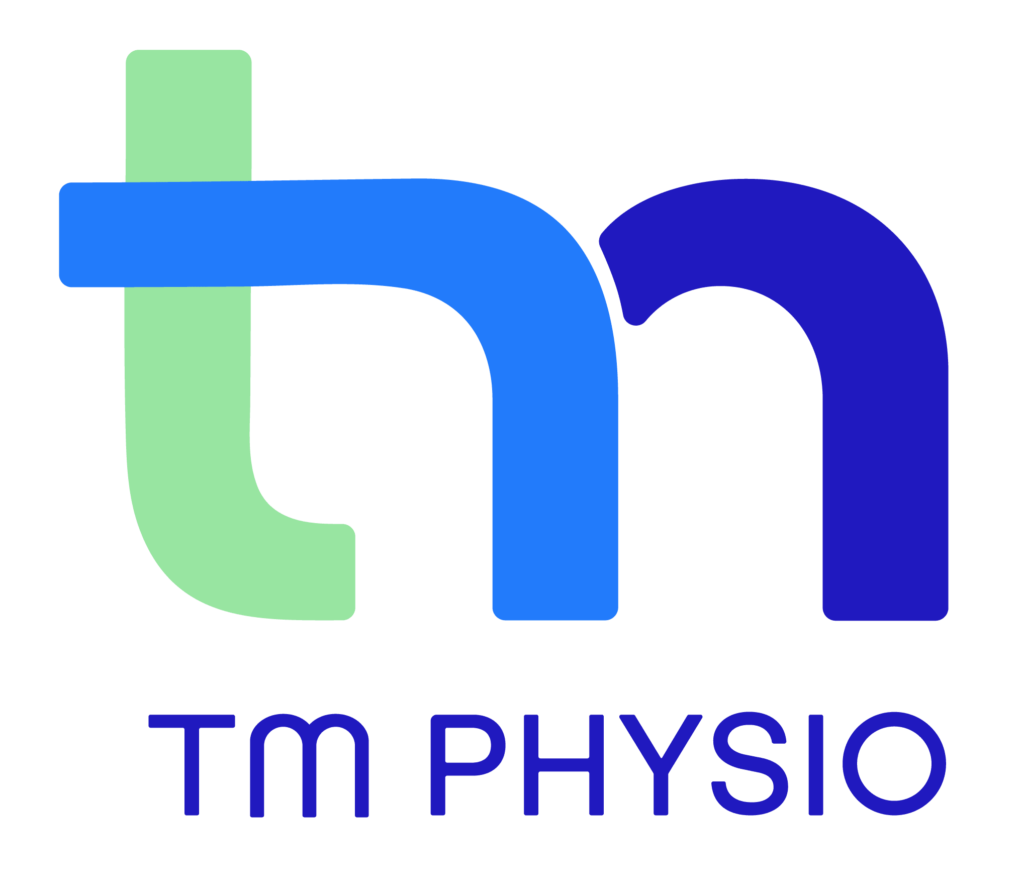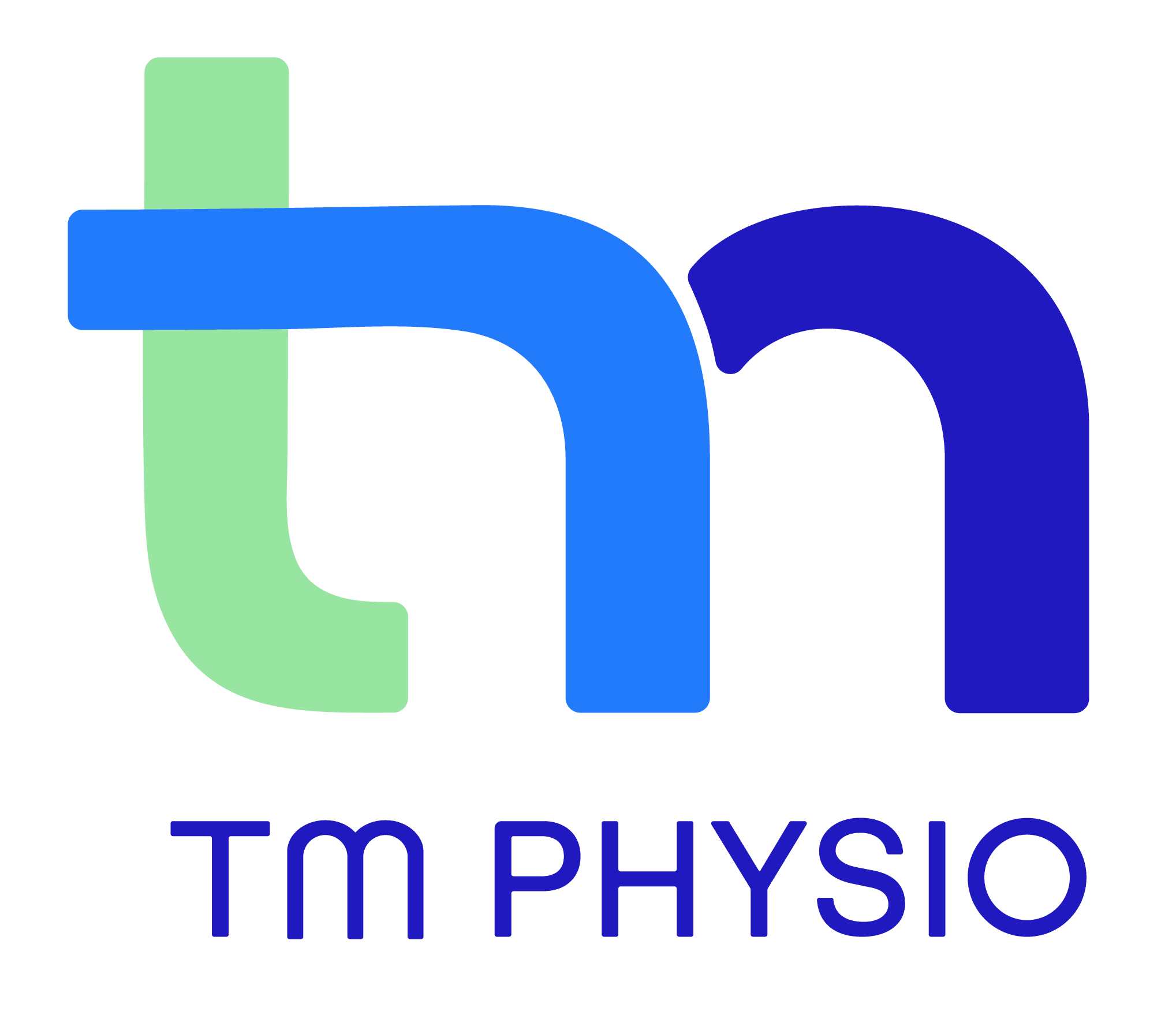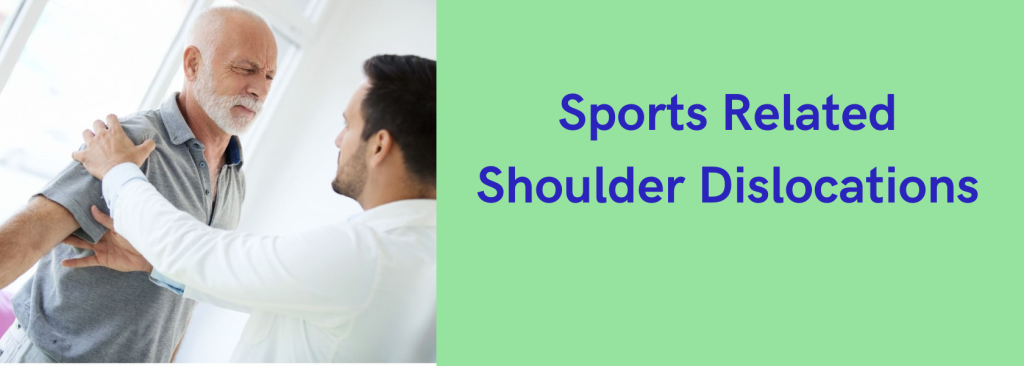Sports-related shoulder dislocation and subluxations are a common occurrence in the world of sport. These injuries can be painful and debilitating, affecting both professional athletes and weekend warriors alike. If you’ve experienced a shoulder dislocation, we invite you to call to make an appointment with one of the team at TM Physio. In the meantime, read on to learn more…
Shoulder Anatomy
 To understand shoulder dislocations, we must first understand the anatomy of this remarkable joint. The shoulder comprises three bones: the humerus (upper arm bone), the scapula (shoulder blade), and the clavicle (collarbone). What makes the shoulder unique is its range of motion, thanks to the ball-and-socket joint formed by the humerus and the shallow socket of the scapula, known as the glenoid. It’s one of only two ball and socket joints in the human body – the other one being the hip joints.
To understand shoulder dislocations, we must first understand the anatomy of this remarkable joint. The shoulder comprises three bones: the humerus (upper arm bone), the scapula (shoulder blade), and the clavicle (collarbone). What makes the shoulder unique is its range of motion, thanks to the ball-and-socket joint formed by the humerus and the shallow socket of the scapula, known as the glenoid. It’s one of only two ball and socket joints in the human body – the other one being the hip joints.
Ligaments, tendons, and muscles surround this joint, providing stability and mobility. The rotator cuff, a group of muscles and tendons, plays a vital role in keeping the head of the
humerus securely in the glenoid socket. However, during certain sports activities or accidents, this delicate balance can be disrupted, leading to a shoulder dislocation. The most common type of shoulder dislocation is an anterior dislocation, which represents 95% of all shoulder dislocations.
Triggers and Underlying Causes of Shoulder Dislocation
Shoulder dislocations often occur during high-impact sports or activities that involve sudden movements of the arm. Some common triggers and underlying causes include:
Trauma: A direct blow or fall onto the shoulder can force the humerus out of the glenoid socket.
Repetitive Strain: Athletes who frequently use overhead motions, such as swimmers, baseball pitchers, or tennis players, are at a higher risk of developing shoulder instability over time.
Muscle Weakness: Weak or imbalanced shoulder muscles can fail to provide adequate support, making the joint more susceptible to dislocation.
Previous Dislocations: Once you’ve experienced a shoulder dislocation, you’re more likely to have recurring episodes due to the stretched or torn ligaments and tissues. We cannot stress how important it is to seek out treatment the first time to improve the structural integrity of these tissues.
Congenital Factors: Some individuals may have naturally shallow glenoid sockets, increasing their vulnerability to dislocations.
How Physiotherapists Can Help
Physiotherapists play a crucial role in the management and rehabilitation of shoulder dislocations. Their expertise in musculoskeletal health and injury recovery can make a significant difference in your journey back to full mobility and strength. Here’s how physiotherapy can help:
Assessment: The first step is a comprehensive assessment of your shoulder’s condition. This includes evaluating the range of motion, strength, and any associated pain or discomfort.
Individualised Treatment Plan: Based on the assessment findings, your physiotherapist will create a personalised treatment plan tailored to your specific needs and goals. This plan may involve exercises to strengthen the shoulder muscles, improve flexibility, and enhance joint stability.
Manual Therapy: Hands-on techniques, such as joint mobilisation and soft tissue massage, can aid in relieving pain, reducing inflammation, and promoting healing.
Education: Physiotherapists educate patients about their condition, teaching them proper techniques for activities of daily living and sports-specific movements to prevent future dislocations.
Progress Monitoring: Throughout your rehabilitation, your physiotherapist will track your progress and make necessary adjustments to your treatment plan. This ensures that you are on the right path to recovery.
Preventive Strategies: Physiotherapists can help you develop strategies to prevent future shoulder dislocations, such as strengthening exercises and injury prevention techniques.
In conclusion, if you’ve experienced a sports-related shoulder dislocation, you don’t have to navigate the road to recovery alone. The dedicated physiotherapists at TM Physio are here to support you every step of the way. Whether you’re an athlete striving to get back in the game or someone seeking relief from the discomfort of a shoulder injury, we invite you to call to schedule an appointment or book online here. We’re here to help you regain your shoulder strength and mobility.
Did you know that we’re on social media? We love to share anatomy trivia, healthy lifestyle hacks and various fun facts on Instagram and Facebook. Why not follow us for helpful and healthful posts on your feed?


